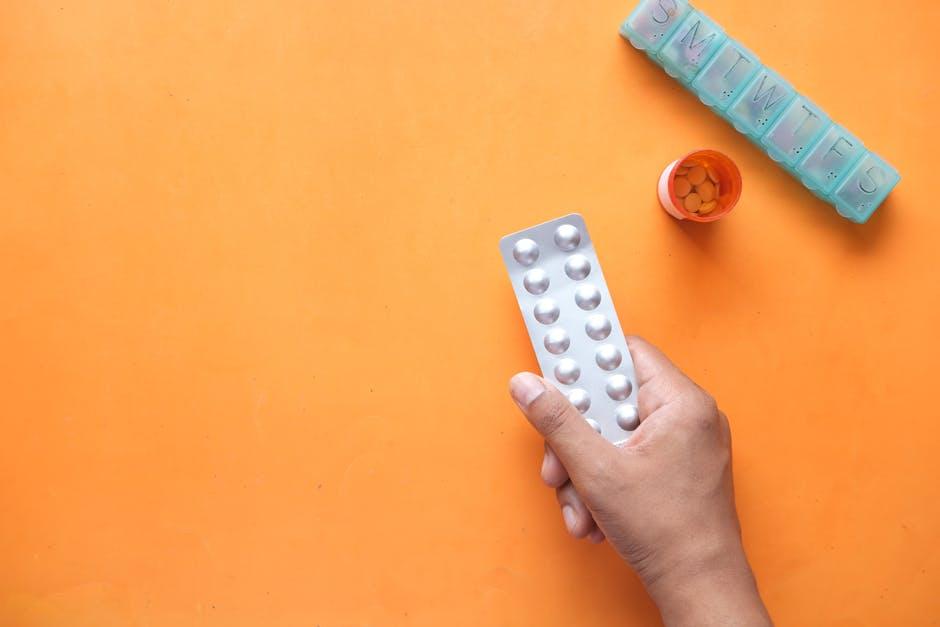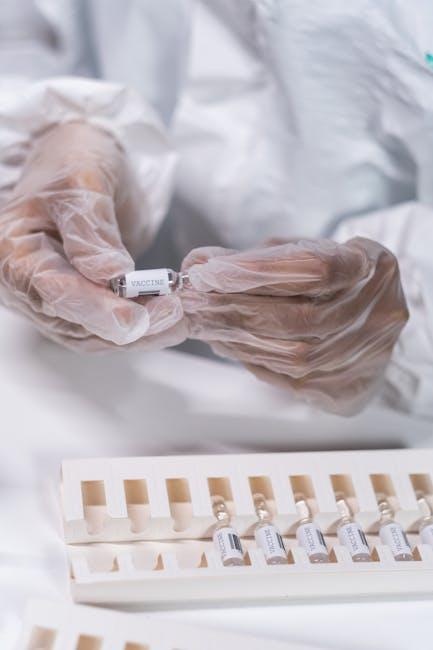Welcoming a new puppy into your home is an exciting and joyful experience, filled with wagging tails and playful antics. However, amidst the fun and cuddles, it’s crucial to consider the health and well-being of your furry friend. One of the key aspects of maintaining your puppy’s health is preventing parasites, which can pose significant risks to their growth and happiness. In this guide, we’ll walk you through practical steps to safeguard your puppy from these unwelcome guests, ensuring a vibrant and healthy start to their life. With a little knowledge and proactive care, you can help your puppy thrive and enjoy every moment of their new adventure with you.
Understanding Common Puppy Parasites
Parasites are a common concern for puppy owners, as these tiny invaders can affect your furry friend’s health and well-being. Understanding the most prevalent parasites can help you take effective preventive measures. Roundworms, for example, are often transmitted from mother to puppy and can cause symptoms such as diarrhea and a pot-bellied appearance. Hookworms latch onto the intestinal walls, leading to anemia and weakness. Fleas are another frequent issue, causing intense itching and potentially transmitting tapeworms. ticks can carry diseases like Lyme disease, making them a significant threat.
- Roundworms: Common in puppies, especially those infected from birth.
- Hookworms: Known for causing blood loss and anemia.
- Fleas: Persistent pests that can lead to severe itching and discomfort.
- Ticks: Can transmit serious diseases like Lyme disease.
Preventing these parasites involves regular veterinary check-ups and maintaining a clean environment. Ensuring your puppy is on a vet-recommended deworming schedule is crucial, as is using flea and tick preventatives. Keeping your puppy’s living area clean and washing their bedding frequently can also help minimize exposure to parasites. By being proactive, you can keep your puppy happy and healthy.

Creating a Parasite Prevention Plan
Designing a comprehensive plan to shield your puppy from parasites is a crucial step in ensuring their health and happiness. Begin by scheduling regular veterinary check-ups, as your vet can provide tailored advice and recommend appropriate preventive treatments. Consistency is key—keep up with prescribed medications and vaccines, as they form the backbone of effective prevention.
- Flea and Tick Control: Utilize vet-recommended topical treatments, collars, or oral medications to protect against these common parasites.
- Heartworm Prevention: Administer monthly preventive medication, especially if you live in an area where heartworm is prevalent.
- Deworming: Follow a regular deworming schedule, as puppies are particularly susceptible to intestinal worms.
- Hygiene Practices: Maintain a clean living environment for your puppy. Regularly wash their bedding and toys to minimize exposure to parasites.
- Diet and Nutrition: Provide a balanced diet to boost their immune system, making it harder for parasites to take hold.
Remember, a well-rounded prevention plan is a collaborative effort between you and your veterinarian, ensuring your puppy enjoys a parasite-free life.

Choosing the Right Preventive Treatments
When it comes to safeguarding your puppy against parasites, selecting the most suitable preventive treatments is crucial. Consultation with your veterinarian is the first step, as they can tailor recommendations based on your puppy’s specific needs and regional risks. Oral medications are a popular choice for many pet owners due to their convenience and effectiveness. These medications often cover a range of parasites, including fleas, ticks, and worms.
In addition to oral treatments, consider the benefits of topical solutions. These are applied directly to your puppy’s skin and can provide a robust barrier against external parasites. For those seeking a more natural approach, herbal collars and essential oil sprays may offer a gentler option. However, always ensure any natural remedies are vet-approved to avoid adverse reactions. A balanced approach combining different treatments may offer comprehensive protection, ensuring your furry friend stays happy and healthy.
Maintaining a Clean and Safe Environment
Ensuring a pristine living space is crucial for keeping your puppy parasite-free. Regularly clean your puppy’s bedding and toys to remove any hidden pests. Vacuum your home frequently, focusing on areas where your puppy spends the most time, to eliminate flea eggs and larvae. Consider using pet-safe cleaning products to maintain hygiene without exposing your puppy to harmful chemicals.
Creating a safe environment also means maintaining your outdoor spaces. Keep your yard tidy by mowing the lawn regularly and removing debris where parasites might thrive. Utilize natural deterrents, such as diatomaceous earth or neem oil, to ward off parasites without harming your puppy. A well-kept environment, both indoors and outdoors, acts as a strong first line of defense against unwelcome guests.
















